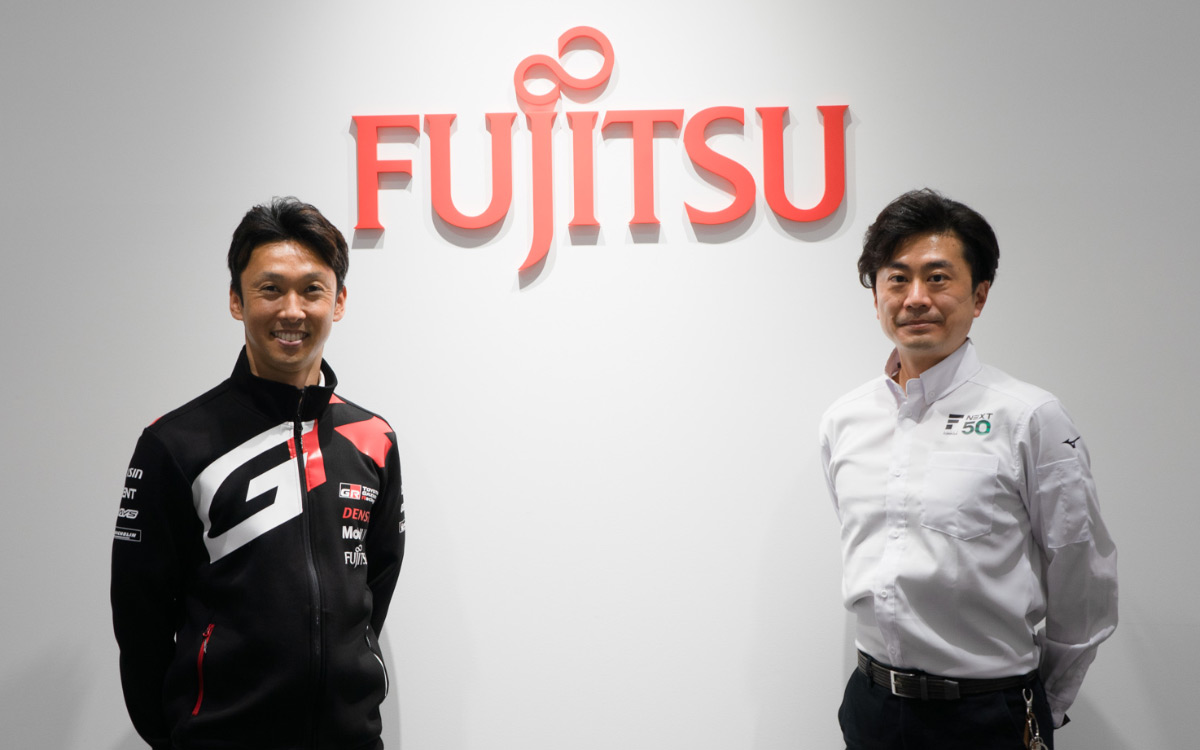
The past decade has seen an accelerating pace of technological change impacting large and small businesses across every industry, leading to the broad-based adoption of Digital Transformation and Artificial Intelligence efforts. In recent years, there has also been greater curiosity and confusion around the possibility and potential of quantum and quantum-inspired computing.
I am fortunate to have been in the arena during this entire period, first as advisor to senior executives about the challenges and opportunities related to Digital Transformation & Technologies, then as a senior leader in two successful AI product companies.
Now I lead Fujitsu’s AI & Analytics practice in North America, focusing on bringing innovative solutions to clients leveraging advanced Analytics, AI/ML and quantum-inspired computing.
This blog post will provide a practical introduction to quantum and quantum-inspired computing while addressing some of the most common questions executives are asking about the technology. We’ll cover what quantum computing is, why executives should be paying attention to it now and how organizations can start taking advantage of it today.
In a follow-up blog post, we will delve into the specific applications and use cases being worked on across industries within the quantum-inspired computing space, and explore the very tangible impact businesses are already beginning to see.
The Quantum Questions on Every Executive’s Mind
As a speaker at industry conferences and in numerous conversations with client executives about quantum-inspired computing, a few common themes, topics and questions keep coming up:
- Hype aside, why should we care or worry about quantum computing?
- Isn’t quantum computing still 5-10 years away from true commercialization?
- What are our competitors doing and achieving with this technology?
- Are there tangible results to be realize at scale?
- Will this make (part of) our current infrastructure and technology stack obsolete?
- How can my company get started with quantum computing without disrupting my business or making a large commitment?
We answer all these questions in our latest whitepaper on the topic, which can be downloaded here. In the meantime, let’s look at some of the latest and highly publicized developments in the quantum computing space to better understand where we are on the maturity curve, and what comes next.
Quantum Computing Achievements are on the Rise
In the fourth quarter of 2019, a few high-profile technology companies made significant announcements around their latest quantum computing endeavors.
Amazon announced Amazon Braket—a fully managed service part of AWS—which helps companies get started with quantum computing.
Microsoft announced Azure Quantum, a diverse set of quantum services ranging from pre-built solutions to software and quantum hardware.
And Google announced the result of an experiment they say proves quantum supremacy over traditional high-performance computers, publishing their results in a Nature article titled Quantum supremacy using a programmable superconducting processor.
Several industries are also doubling down on their quantum computing efforts as of late. Take automotive, for example, with Volkswagen’s recent announcement that it will be launching the world’s first pilot project for traffic optimization of buses in Lisbon using a quantum computer. This innovation is expected to reduce passengers’ travel times even during peak traffic periods, and improve traffic flow.
Ford also recently announced its use of "quantum-inspired" technology, when it shared the testing results of a traffic-routing algorithm in December that cut Seattle’s traffic by 73% and shortened commute times by 8% in a 5,000-car simulation.
Many large financial services firms, such as JPMorgan, Goldman Sachs, Citi and Wells Fargo, among others, are exploring the use of quantum computing for portfolio optimization, loan securitization, credit risk analysis, personalized marketing efforts, etc.
How Businesses can Harness Quantum-Inspired Computing Today
In May 2019, Fujitsu released a study called “Is Business Ready to Make the Quantum Leap” based on a survey of executives across six industries (financial services, manufacturing, life sciences, retail, transportation and utilities).
Our findings showed a strong appetite for innovation in the area of optimization:
- 66% want optimization services—not experimental quantum technology.
- 81% of respondents agree that optimization of processes helps businesses tackle digital transformation and remain competitive.
- 89% said they are held back from taking full advantage of optimization by inadequate power of today’s computing technology.
For companies that want to benefit from the great potential quantum computing can provide, there are three possible avenues to take. These are not mutually exclusive, and many companies have been exploring more than one, or even all three, simultaneously.
- Quantum computing with quantum hardware: Many large companies are partnering with leading technology providers of quantum computing to better understand and explore its application and impact.Due to current challenges and limitations of the technology itself, these efforts have focused primarily on research projects, with commercial applications still a good 5-10 years away.
- Quantum-inspired computing with traditional hardware: This is the approach Ford adopted to develop its quantum-inspired traffic routing algorithm mentioned above, running on top of traditional hardware.This method accomplishes positive results, but is still limited in the type and size of problems it can address due to memory and processing speed limitations inherent in classical computing architectures.
- Quantum-inspired computing with special-purpose hardware: Fujitsu has developed a proprietary quantum-inspired processor called Digital Annealer, purposefully designed for more efficiently solving larger and more complex combinatorial optimization (CO) problems. These CO problems occur any time one has to find the maximum or minimum solution from a large but finite set of permutations, for example the well-known Traveling Salesman or Knapsack problems.This third path has enabled Fujitsu to generate tangible business impact at scale, with very high ROI by tackling portfolio optimization, delivery vehicle routing, message routing, manufacturing robot positioning, warehouse picking and order fulfillment, and much more. We will delve more into these specific applications and use cases in our next blog post.
Stay tuned for our second blog post in this series, which will be released in March, or download our latest whitepaper to learn more about how business leaders can harness the power of quantum-inspired computing today.












